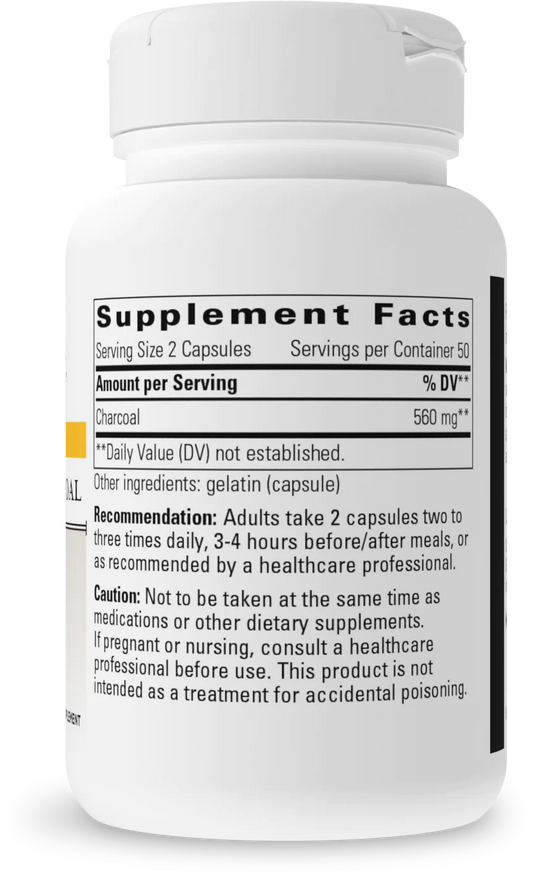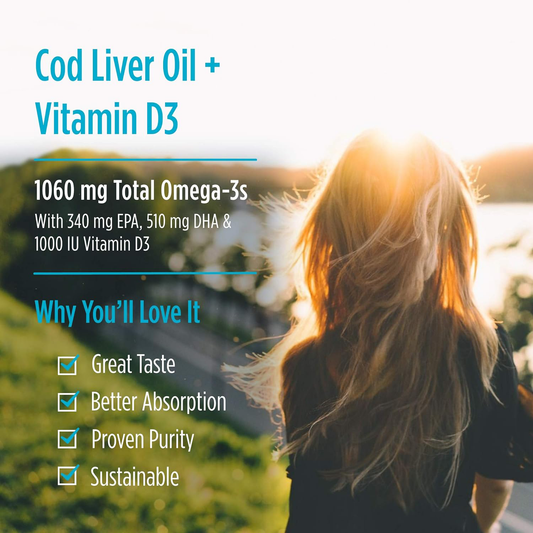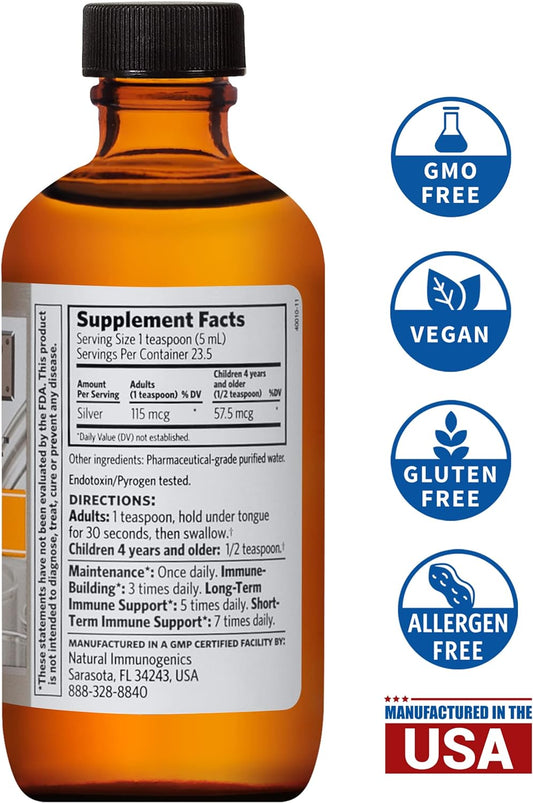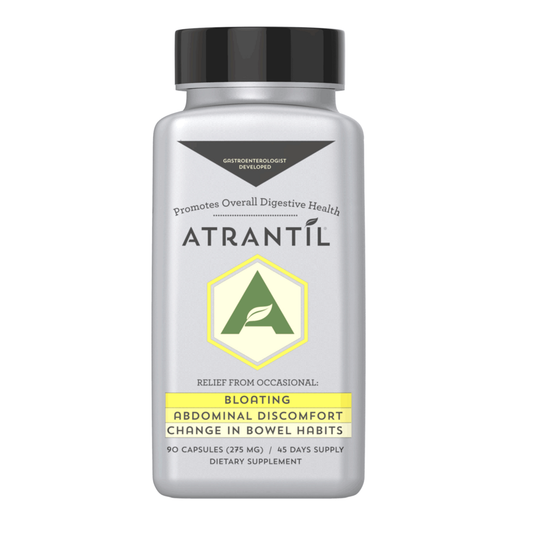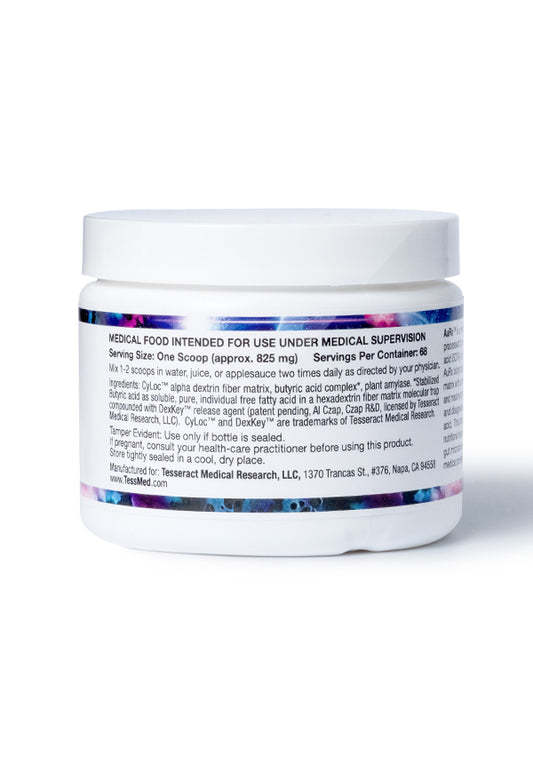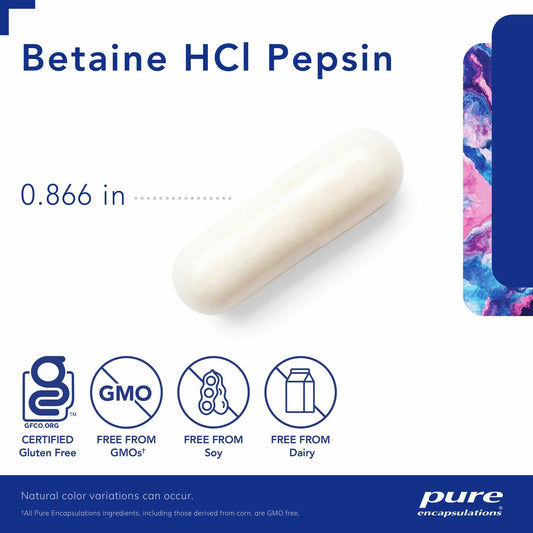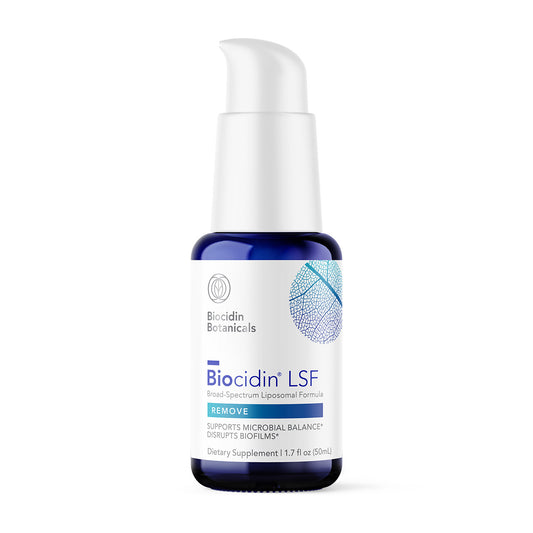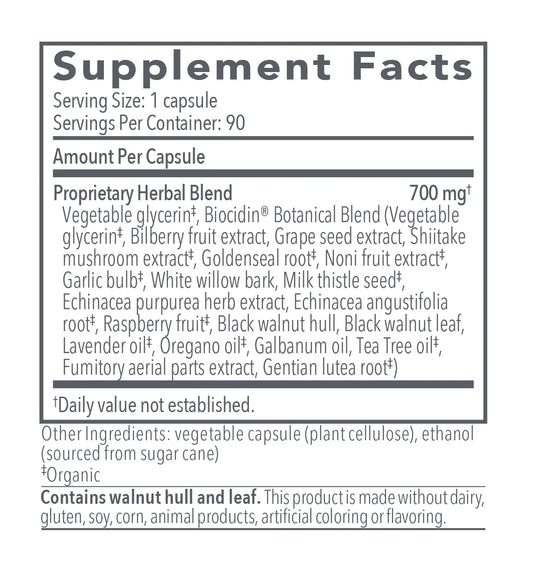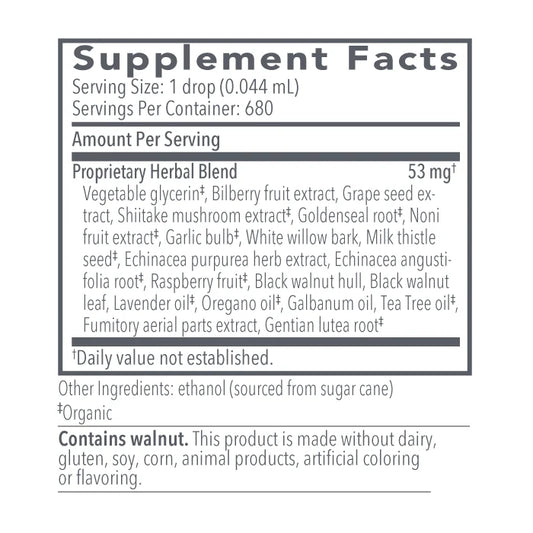Overview
An estimated 70 million people in the United States are affected by IBS, SIBO, or another disease linked to digestive health, and 74% of Americans say they live with symptoms of digestive discomfort.
Today on The Doctor’s Farmacy, I’m excited to talk to Dr. Mark Pimentel about getting to the root cause of IBS and SIBO, how to properly diagnose and treat it, and strategies to improve your overall gut health. We kick off our conversation by talking about the difference between IBS and SIBO and the different subtypes associated with each.
Dr. Pimentel explains that while SIBO and IBS are separate medical conditions, they commonly coexist, can be connected, and share similar symptoms. We now know that food poisoning can trigger and lead to a cascade of events in the gut that result in IBS. Dr. Pimentel explains how toxins produced by bacteria, such as salmonella, can severely harm the digestive system by damaging nerves critical to healthy gut function, and how post-infectious IBS can also lead to autoimmunity.
We also discuss other causes of IBS beyond food poisoning. Dr. Pimentel explains that 60% of IBS is SIBO. The other 40% can be caused by Ehlers-Danlos syndrome, POTS, celiac disease, food sensitivities, histamine sensitivities, or fungal overgrowth. Diet is a critical aspect of IBS and SIBO management. We discuss the low-fermentation eating plan that Dr. Pimentel developed and why it could be a better option than a low-FODMAP or elemental diet, which are commonly used for IBS and SIBO. There are three different types of bacteria when it comes to SIBO—methane-producing, hydrogen-producing, and sulfide-producing. Dr. Pimentel explains how he differentiates between the three and how he determines what the right treatment is for a patient in terms of diet, lifestyle, supplements, and medication. We also talk about strategies to decrease the chances of IBS and bacterial overgrowth recurrence, whether probiotics are helpful or harmful, and simple testing options for both IBS and SIBO.














